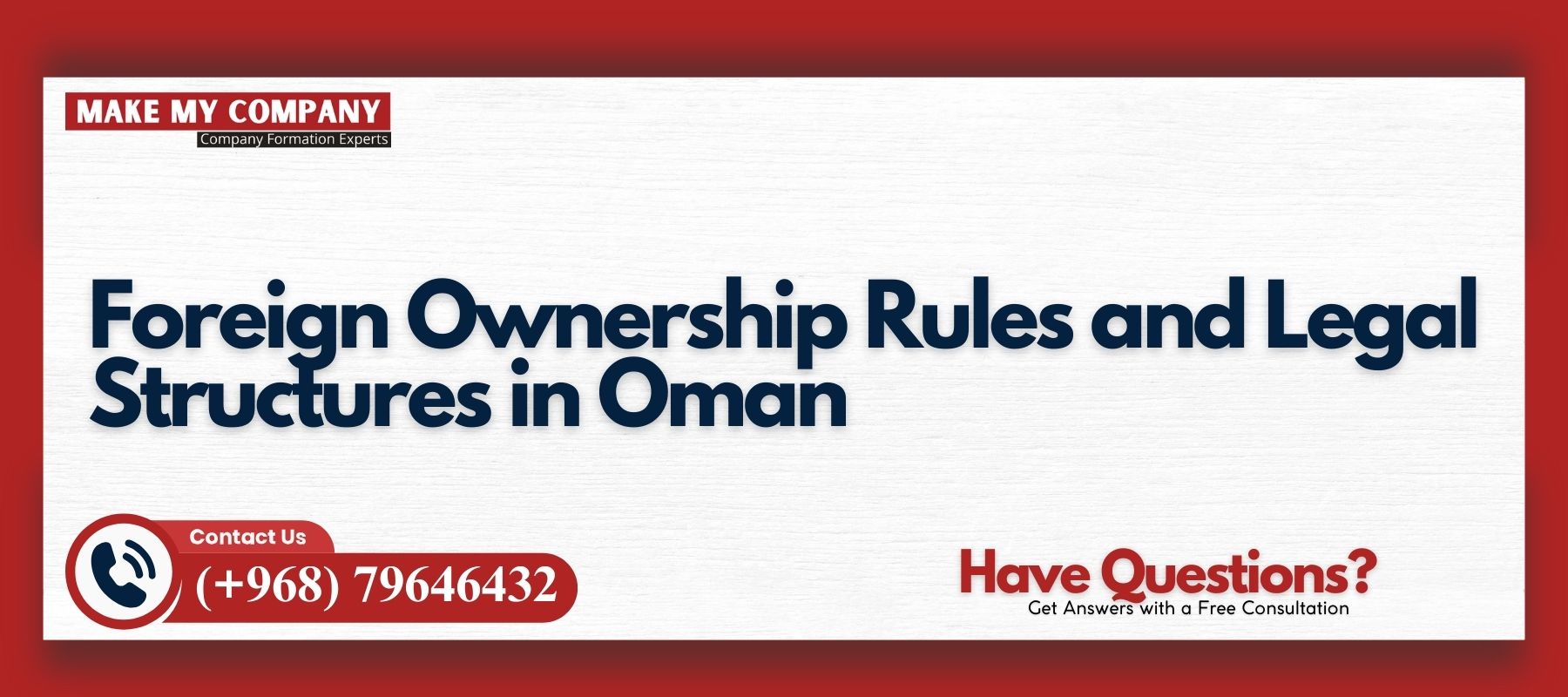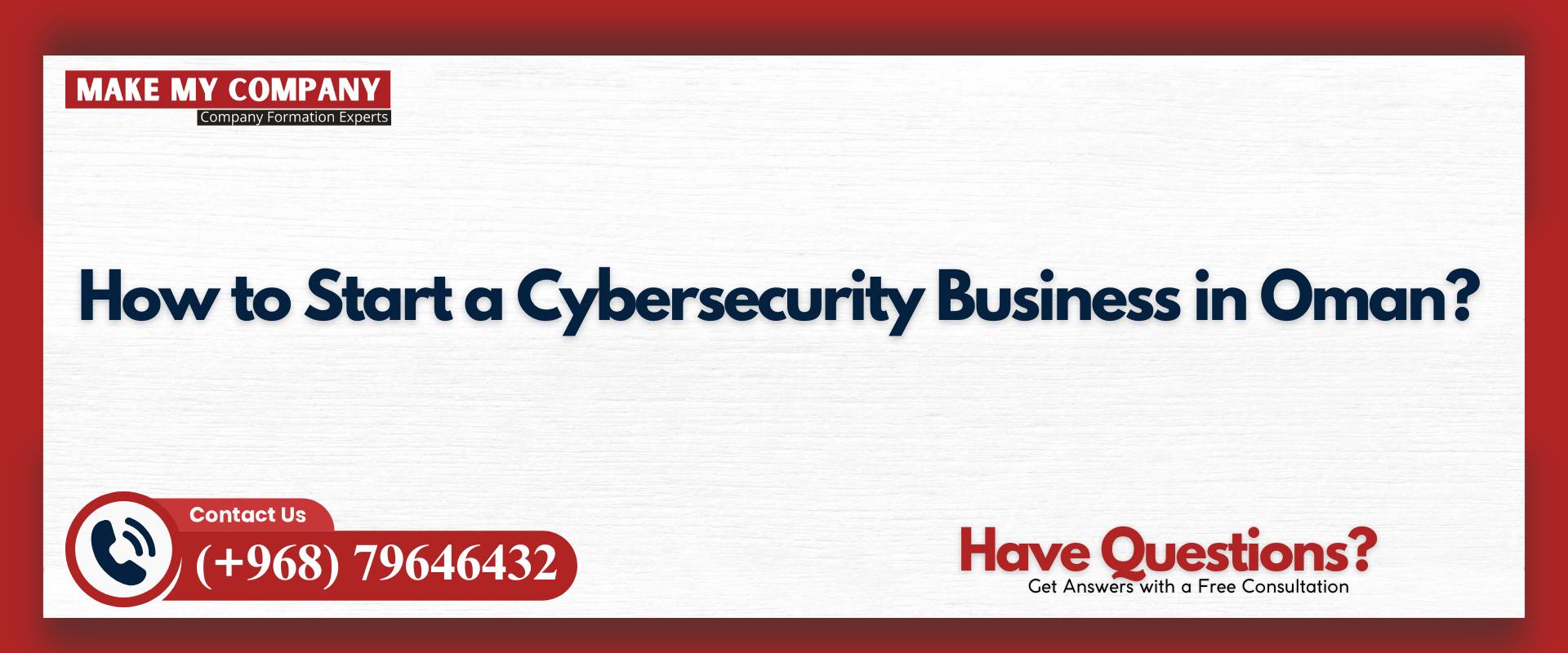Opening a supermarket in Oman can be a lucrative business opportunity given the growing population, increasing urbanization, and demand for convenient shopping experiences. However, establishing a successful supermarket requires careful planning, understanding of the local market, and compliance with regulatory requirements. This guide will walk you through the essential steps to open a supermarket in Oman, covering key aspects such as location selection, licensing, legal requirements, costs, and more.
1. Supermarket Location Selection in Oman
Choosing the right location is critical for the success of your supermarket. The location should be easily accessible, in a high-traffic area, and within a community that has a demand for a supermarket. When selecting a location in Oman, consider the following factors:
- Demographics: Identify areas with a high population density, including families, working professionals, and expatriates. Urban areas such as Muscat, Sohar, and Salalah are popular choices due to their growing populations and developed infrastructure.
- Visibility and Accessibility: The supermarket should be visible from main roads and easily accessible by both vehicles and pedestrians. Proximity to public transportation and ample parking facilities are also important considerations.
- Competition Analysis: Evaluate the presence of existing supermarkets and grocery stores in the area. Consider whether the market is saturated or if there’s an opportunity to offer something unique, such as a specialized range of products or services.
- Future Growth Potential: Consider areas that are currently developing or have potential for growth. New residential communities or commercial zones can provide long-term opportunities for business expansion.
2. Grocery Store License in Oman
Obtaining the necessary licenses is a crucial step in opening a supermarket in Oman. The process involves several stages, and it’s important to ensure that all legal requirements are met to operate your business smoothly. Here’s what you need to know about grocery store licensing in Oman:
- Commercial Registration: The first step is to register your business with the Ministry of Commerce, Industry, and Investment Promotion (MOCI). This involves submitting your business plan, company name, and other relevant documents. Once approved, you’ll receive a commercial registration certificate.
- Municipality License: After obtaining your commercial registration, you need to apply for a municipality license from the local municipal authority. This license is essential for operating any retail business in Oman and ensures that your supermarket complies with local regulations, including health and safety standards.
- Food Safety License: Since supermarkets deal with food products, obtaining a food safety license from the Ministry of Agriculture, Fisheries, and Water Resources is mandatory. This ensures that your supermarket adheres to the necessary hygiene standards and food safety regulations.
- Health Clearance: Employees working in your supermarket, especially those handling food products, will require health clearances from the Ministry of Health. This ensures that your staff is fit to work in a food-related environment.
- Additional Permits: Depending on the size and scope of your supermarket, you may need additional permits, such as environmental clearances or special approvals for selling certain products (e.g., alcohol or tobacco).
3. Legal Requirements for a Supermarket in Oman
In addition to obtaining the necessary licenses, you must comply with various legal requirements when opening a supermarket in Oman. These include:
- Company Formation: Foreign investors can either establish a limited liability company (LLC) in Oman or partner with a local Omani sponsor. An LLC is the most common business structure for supermarkets, providing flexibility and limited liability protection.
- Commercial Lease Agreement: Once you’ve selected a location, you need to enter into a commercial lease agreement with the property owner. Ensure that the lease agreement is legally binding and includes clauses on rent, maintenance, and termination conditions.
- Employment Contracts: All employees must have legally binding employment contracts that comply with Omani labor laws. These contracts should outline job responsibilities, salaries, working hours, and benefits.
- Tax Registration: Register your supermarket with the Tax Authority in Oman to ensure compliance with local tax regulations. Oman currently has a value-added tax (VAT) system in place, and you’ll need to charge VAT on eligible products and services.
- Insurance: It’s advisable to obtain business insurance, including public liability insurance, property insurance, and employee health insurance, to protect your supermarket from potential risks and liabilities.
4. Steps to Start a Grocery Store in Oman
Starting a grocery store or supermarket in Oman involves several key steps. Here’s a step-by-step guide to help you navigate the process:
Step 1: Market Research and Business Plan Conduct thorough market research to understand the demand for groceries and supermarket services in your chosen location. Identify your target audience, competitors, and potential suppliers. Based on your research, create a detailed business plan that outlines your supermarket’s concept, target market, pricing strategy, and financial projections.
Step 2: Choose a Suitable Location Select a location that meets the criteria mentioned earlier, including accessibility, visibility, and proximity to your target customers. Secure a commercial lease agreement for the property.
Step 3: Register Your Business Register your supermarket with the Ministry of Commerce, Industry, and Investment Promotion (MOCI) to obtain your commercial registration certificate. Choose an appropriate business structure, such as a limited liability company (LLC).
Step 4: Obtain Necessary Licenses Apply for the required licenses, including the municipality license, food safety license, and any additional permits needed for your supermarket. Ensure all legal and regulatory requirements are met.
Step 5: Set Up the Supermarket Work on the fit-out and renovation of your supermarket space. Purchase and install all necessary equipment, such as shelving, refrigeration units, and checkout counters. Stock your supermarket with the initial inventory.
Step 6: Hire and Train Staff Recruit and hire staff for various roles, including cashiers, stock clerks, supervisors, and managers. Provide training on customer service, food safety, and store operations to ensure a smooth opening.
Step 7: Market Your Supermarket Develop a marketing strategy to promote your supermarket before and after the grand opening. Use a combination of online and offline marketing channels to attract customers and build brand awareness.
Step 8: Launch and Operate Once everything is in place, launch your supermarket with a grand opening event. Monitor the store’s performance, gather customer feedback, and make necessary adjustments to improve operations and increase sales.
5. Cost to Open a Supermarket in Oman
The cost of opening a supermarket in Oman varies depending on factors such as location, size, inventory, and operational expenses. Here’s a breakdown of the key costs involved:
- Commercial Lease: The cost of leasing a commercial space in Oman depends on the location and size of the property. Prime locations in urban areas like Muscat will have higher rental rates compared to suburban or rural areas. On average, expect to pay between OMR 1,500 to OMR 5,000 per month for a medium-sized supermarket space.
- Fit-Out and Renovation: You’ll need to invest in fitting out and renovating the supermarket space to make it suitable for retail operations. This includes flooring, shelving, lighting, refrigeration units, checkout counters, and security systems. The cost for fit-out and renovation can range from OMR 30,000 to OMR 100,000 or more, depending on the size and design of the supermarket.
- Inventory and Stock: Initial inventory costs will depend on the range and quantity of products you plan to stock. For a medium-sized supermarket, initial inventory costs can range from OMR 50,000 to OMR 150,000, covering groceries, fresh produce, dairy products, household items, and more.
- Licensing and Legal Fees: Budget for commercial registration, municipality license, food safety license, and other legal fees. These costs can range from OMR 5,000 to OMR 10,000 depending on the complexity of the licensing process and any legal assistance required.
- Staffing Costs: Consider salaries, benefits, and health clearances for your employees. The number of staff needed will depend on the size of your supermarket, but staffing costs typically range from OMR 20,000 to OMR 50,000 annually.
- Marketing and Promotion: To attract customers, you’ll need to invest in marketing and promotional activities. This could include signage, digital marketing, in-store promotions, and advertising campaigns. Budget around OMR 5,000 to OMR 15,000 for initial marketing efforts.
- Contingency Fund: It’s wise to set aside a contingency fund for unexpected expenses or operational challenges that may arise during the initial stages of your supermarket’s operation. A contingency fund of around OMR 10,000 to OMR 20,000 is recommended.
Setting Up Your Supermarket in Oman with Make My Company
Make My Company, a leading business setup consultancy in Oman, specializes in guiding entrepreneurs through the process of establishing a successful supermarket. Our expert team simplifies the complex journey of obtaining necessary licenses, selecting the ideal location, and ensuring compliance with Omani legal requirements. We handle everything from commercial registration to securing municipality and food safety licenses, allowing you to focus on your business operations. Partner with Make My Company to efficiently set up your supermarket in Oman and tap into the lucrative retail market with confidence and ease.









